
Processes are the well-defined sequences of actions, data, participants and work flow. A process might be any procedure such as “New Hires”, “Purchase Order” or “Product Return”. Processes are consisted of three main elements. Firstly, the processes include data elements which serve as the information required to implement and complete the process. Secondly, they define the users and roles required to implement and complete a process. And third, actions define what really happens in a process.
Processes can be manually launched on the Website Interface and repeated in a defined program, or launched after receiving an e-mail or via an external web server.
Data elements might be the information such as an address, phone number, purchase cost, office number, valuation amount, etc. Data elements consist of texts, numbers, dates, documents and logbooks.
Process data is provided by process participants using “task” actions via the web interface.
A process defines the users and roles to be responsible for the tasks in the process.A specific person or a group that undertakes a role can be assigned to various aspects of a process.
Roles consist of one or more people and / or one or more groups or other roles. A role might include “Customer Service” personnel, managers, security coordinators, hourly workers, customer support, or others.
Tasks are the actions which require manual intervention of the user to be completed. Tasks are listed in the Task List on Web Interface. Each task allows the user to view and / or update their data, as well as can be taken from the Task Detail page. The tasks might be prioritized or specified with deadline, and reassignment might be realized by the managers.
Tasks can be assigned to a person or group of people. After a user is determined to undertake a task, the task is under the responsibility of that person until that task is completed, transferred back to someone else, or returned to the original group.
Tasks are generally open to any member of the group until they are owned by one person. Group tasks can be distributed in compliance with the situations where each group member will have to complete a given task. It is useful for items such as timetables and state reports.
Repeated processes and deadlines of the tasks are calculated based on a concept known as “Work Schedule”. In addition to the standard company work schedules, a parent company calendar is defined for each day with those defined as working days and non-working days. Departments and other groups can consecutively register any or all days in the corporate calendar based on the calendar. The E-Flow Server will use this information to calculate the best dates.
Processes might consist of other actions as well as the tasks in order to help the workplace processes to transform into automation. Some of these actions include branching out based on process data, updating databases, sending email notifications, calculating data, allowing actions to run immediately, and waiting for a certain time.
Other actions might be developed based on customer needs to connect to the current data and systems of a company via an intermediary unit.